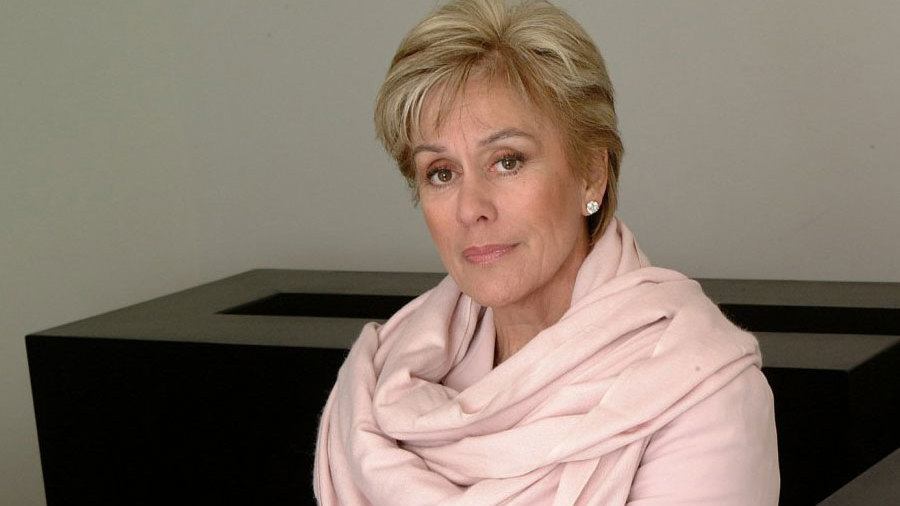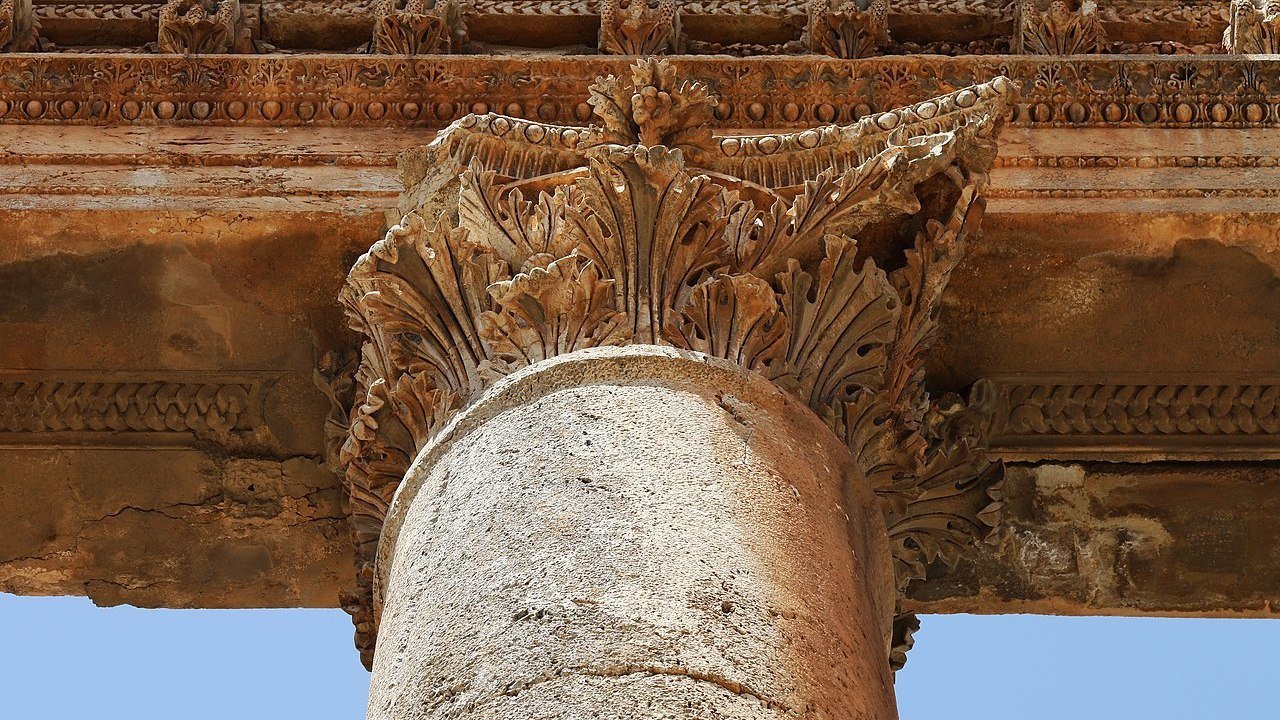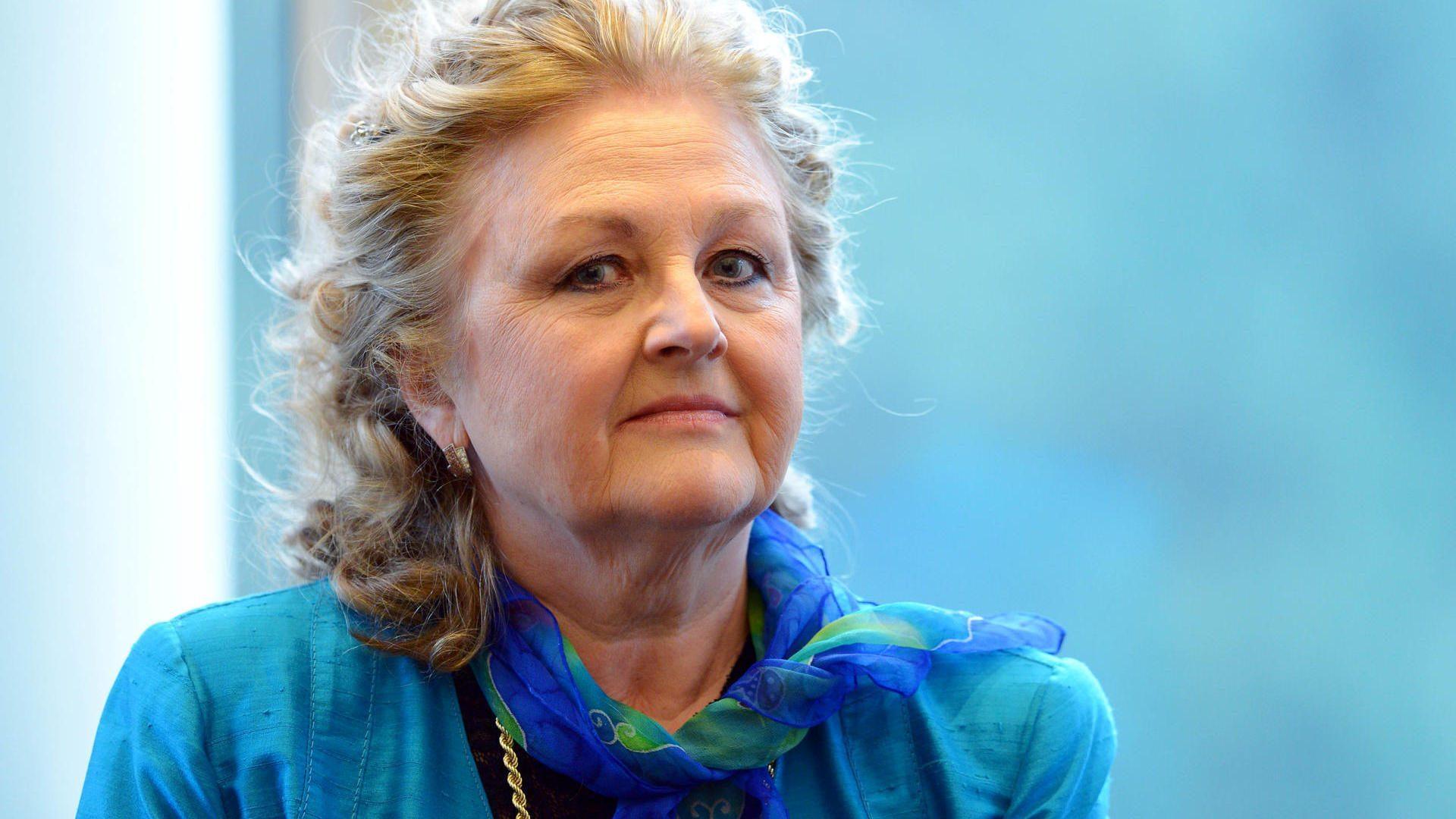Kiri Te Kanawa Sings Mozart: Pamina’s Aria from “The Magic Flute”
The second act of Mozart’s The Magic Flute contains one of opera’s most beautifully wrenching expressions of despair and lament. Pamina, the daughter of the demonic Queen of the Night, is hurt when Tamino will not speak to her. Not realizing that Tamino is bound by a vow of silence, she believes that he no longer loves her. Ach, ich fühl’s (“Ah, I can feel it”) is Pamina’s intimate, heartbroken soliloquy. It is set in G …







